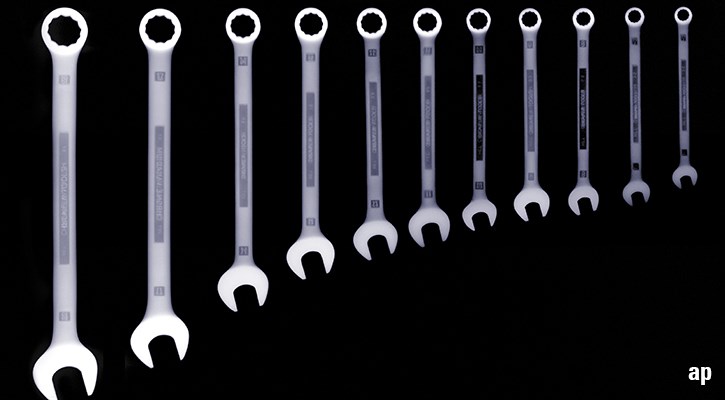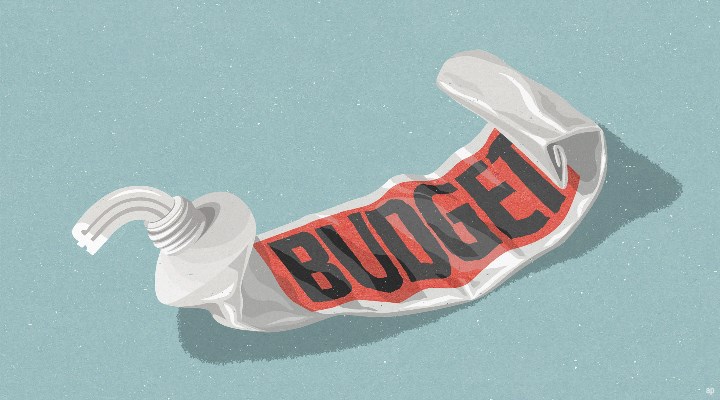
Stock valuations shift all the time. It's part of the unpredictability and excitement investors accept when they begin their journies to better long-term returns than those offered by cash. Morningstar’s star rating is a useful toolkit for trying to impose some order on this daily chaos. It helps investors see whether shares are over- or undervalued.
Of the 1,750 stocks covered globally by analysts, attention tends to land on the 881 stocks considered undervalued: these are what we call 4 and 5-star rated stocks. But I’m going to concentrate on the 44 stocks that are rated 1-star stocks. These are overvalued, and can be found among a range of sectors across the world.
Our analysts screen stocks using the metric "price/fair value" and it’s a simple one, comparing the current share price with its fair value.
A price/fair value of 1 means the company is as close to being fair valued, while anything around 2 means it’s double its fair value (and is therefore overvalued).
Looking through our list, close to a P/FV of 2 – which means that the shares are effectively double their fair value – are Carl Zeiss Meditec, China Eastern Airlines, Enphase Energy, Hermes, Netwealth, Pro Medicus.
Flipping this around, the least overvalued of the overvalued stocks include US energy firms Eversource (1.29) and CMS (1.33), as well as US pest control company Rollins (1.34).
Morningstar’s rating system factors in an uncertainty adjustment too. This is known as the Fair Value Uncertainty rating, and it assesses how volatile earnings or cash flows are likely to be in the next five to 10 years. This is effectively a "risk rating" for a stock, and there’s always plenty of risk around.
Of the 44 stocks on the list, 10 are rated as having a high fair value estimate uncertainty. Only one – Enphase Energy, a renewable energy company based in California – has a very high fair value uncertainty. Twenty five stocks have a FVU of medium and eight have a low rating on this metric.
Stars Aligned: What is the FVE?
Sarah Newcomb, Morningstar’s director of financial psychology, says:
"Morningstar analysts assign fair value estimates to stocks based on the fundamental analysis of the company. The star rating is then based on how far off the market price is from that fair value estimate, adjusted for what we call uncertainty.
"A stock with a 5-star rating is one whose market price is well below the fair value estimate after being adjusted, and a 1-star stock is one whose stock price is far higher than the adjusted fair value estimate. A 3-star stock is one that’s about fairly valued."
But 5-star stocks are not necessarily good. Nor are 1-star stocks "bad". Star ratings shift continuously with market movements, so overvalued stocks can become fairly valued or undervalued. Many of the companies on this list have wide economic moats, for example French luxury brand Hermes.
"Star ratings don’t tell you if a company is a good one. Rather, they tell you if the price is good relative to the FVE. A great stock can sell at a bad price and vice versa," she says.
"It's a smart shortcut that can help you determine whether the price of a stock is high or low compared with its fundamental value. It's a much more reasonable estimate of the long-term fair value of a stock than whatever people are willing to buy it for today."
The fair estimate is based on analysis of the company's balance sheet rather than on current market sentiment and should not be seen as a price target, or indeed a recommendation to buy or sell.
"Stars are an indicator of what our analysts think in terms of how attractive the stock as an investment right now," says Morningstar director of equity research, Alex Morozov.
Nor are these the only lenses through which you can look at your options. Investors need to factor in other metrics such as economic moats, as well as ESG Risk Ratings, detailed in the table. Both will give additional ways to view the prospective success of your holdings.



























